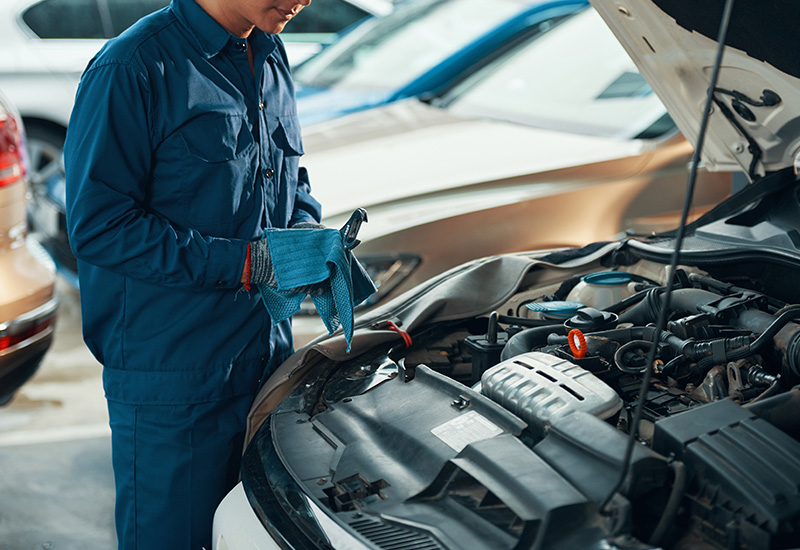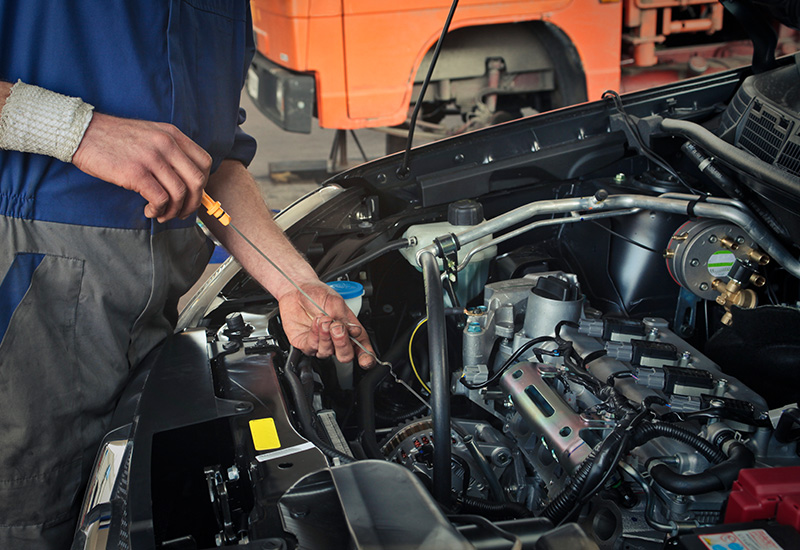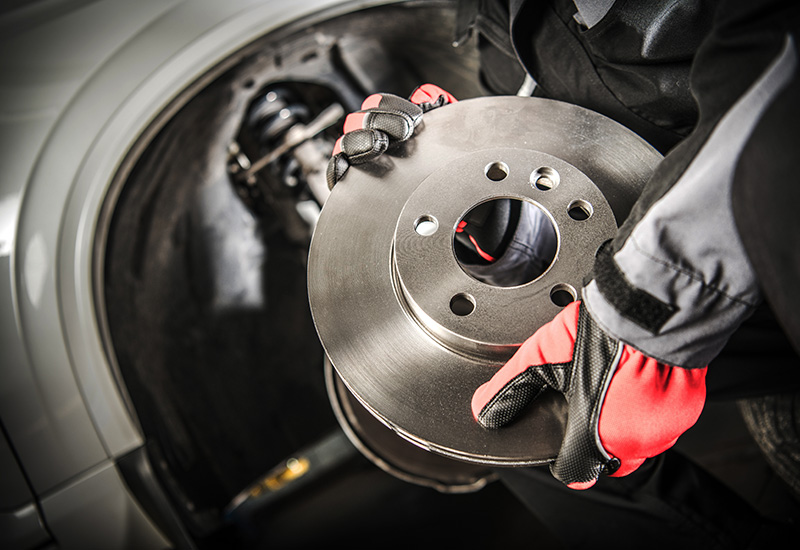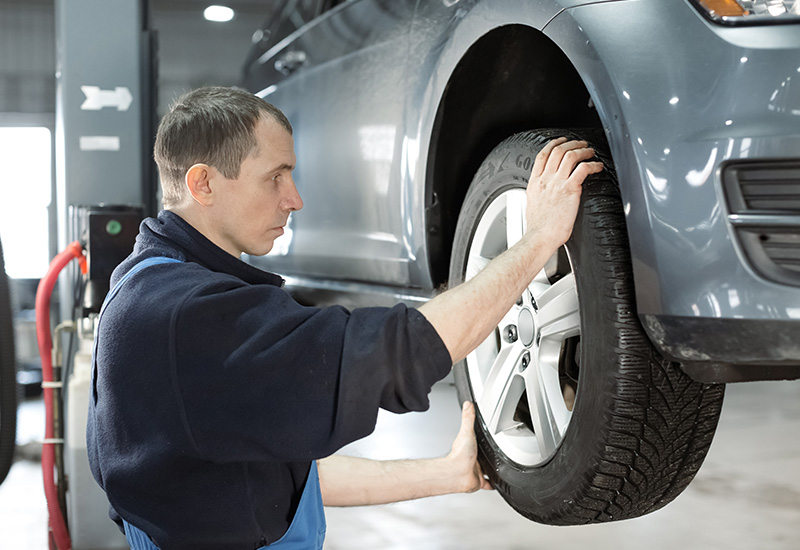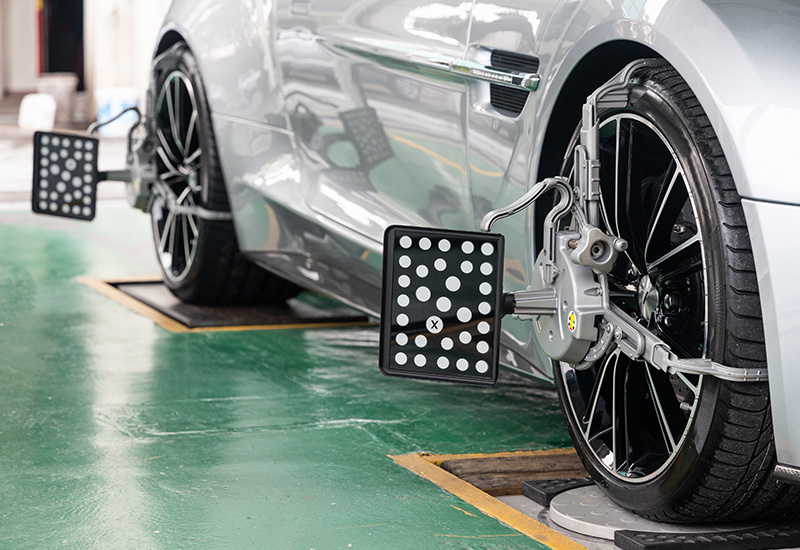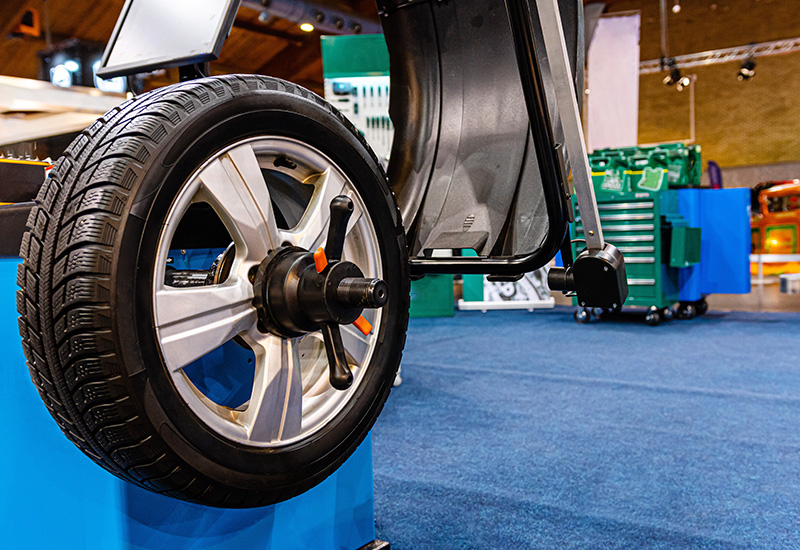Brakes
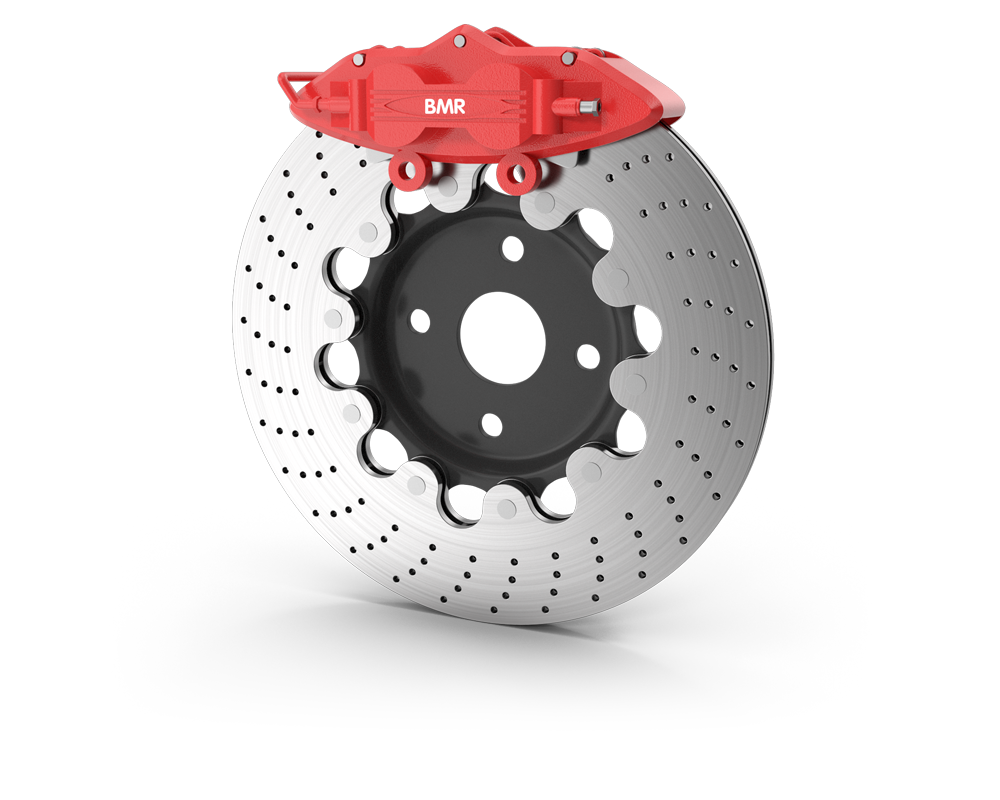
Safety First.
Your vehicles brakes are no doubt the most important safety factor in your vehicle. One of the simplest ways of knowing there is a problem is to check the brake warning light on the dash. If the light will stays on your vehicle requires attention.
Below is a list of other less obvious signs that indicate your brakes should be checked at Belmont Motor Repairs.
- Vehicle pulls to the left or right when braking
- Vehicle loses grip when braking
- Brakes screech or squeal
- Takes longer to stop
- Steering wheel shudders under braking
- Brake pedal is low, hard, soft or spongy
How your brakes work:
When you apply pressure to your brake pedal the pressure from the brake pedal forces the brake fluid to engage a series of mechanisms that push the brake pad onto the disc rotor bringing your vehicle to a stop. The brake pads are moved on a calliper which is the part that applies and releases the pad from the rotor. The calliper comprises of a housing with a piston that moves back and forth when you apply and release the brakes. Rubber parts inside the calliper ensure that the brake fluid doesn’t leak from it.
The brake fluid is responsible for transferring the pressure that is applied to each wheel to make it stop. It is an important aspect of your vehicles braking system which often gets overlooked. Brake fluid has to withstand the extremely high temperatures generated by hard or constant braking. Brake fluid is a hydroscopic fluid which means that it absorbs moisture i.e. from the surrounding air.

BMR Services



